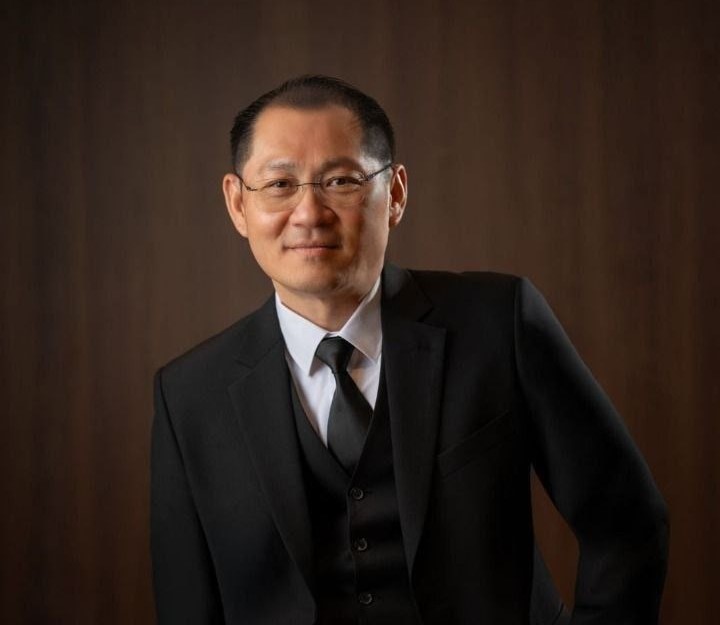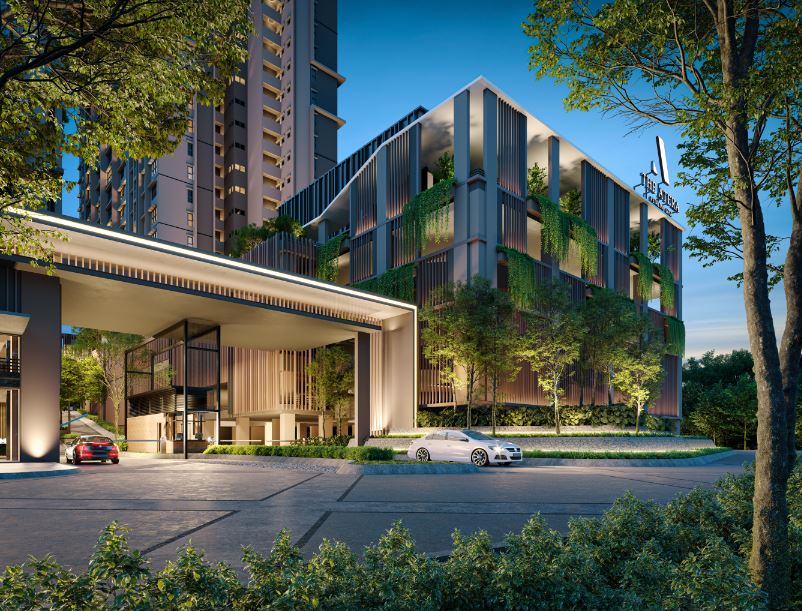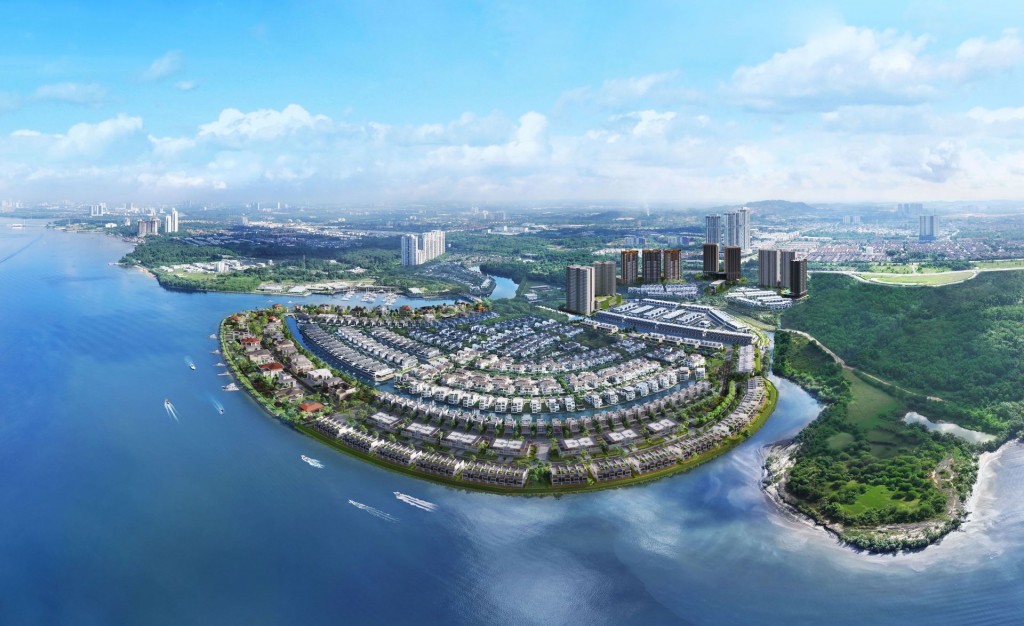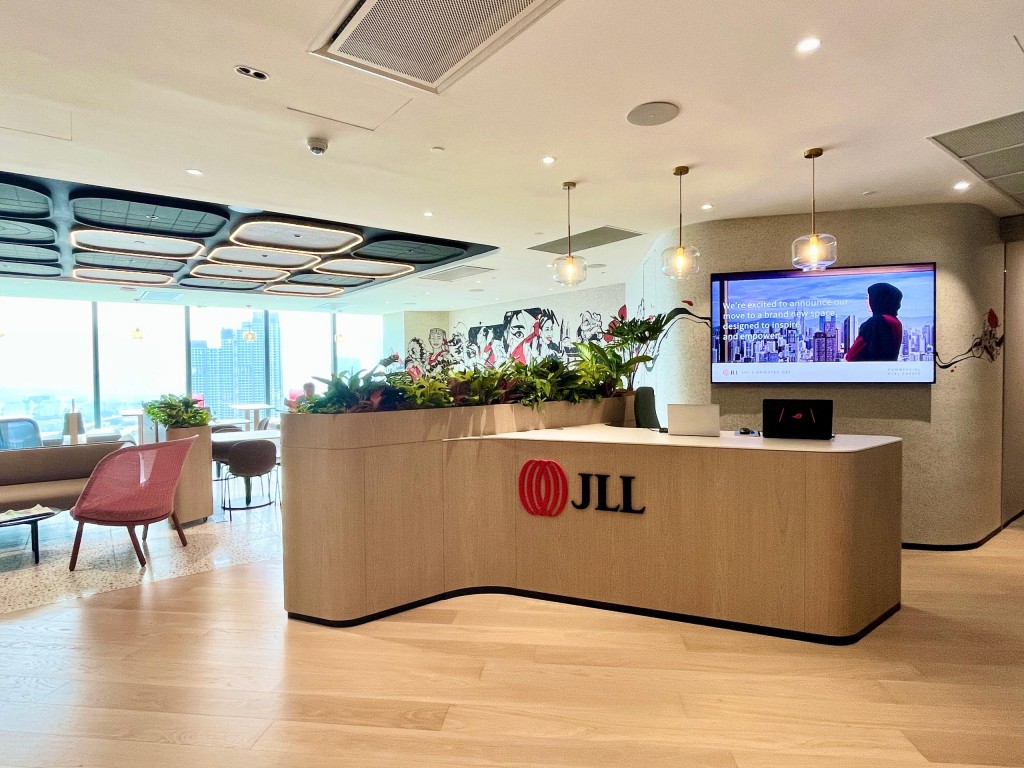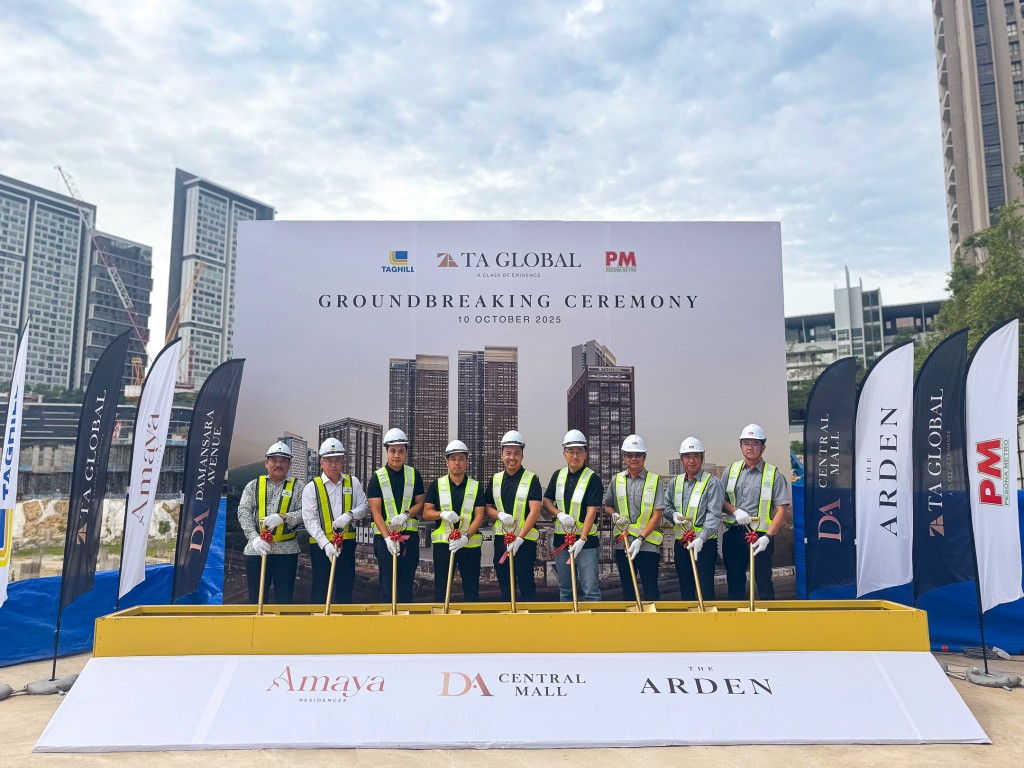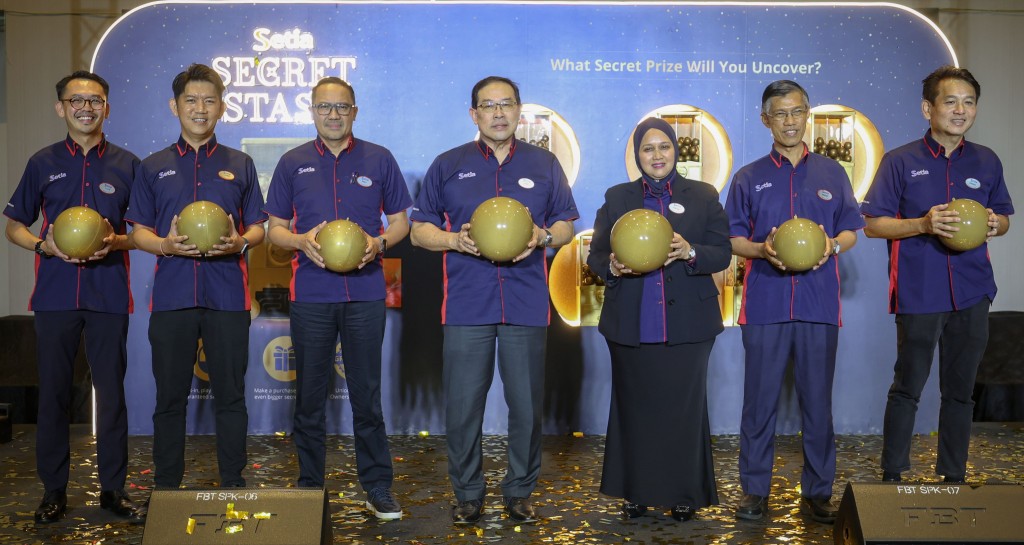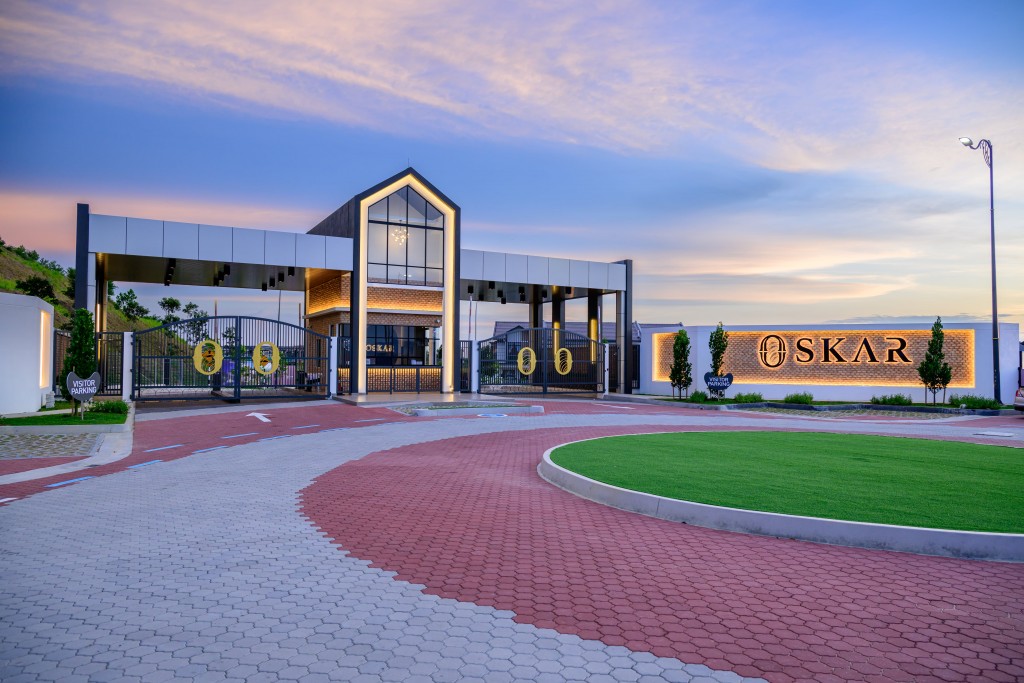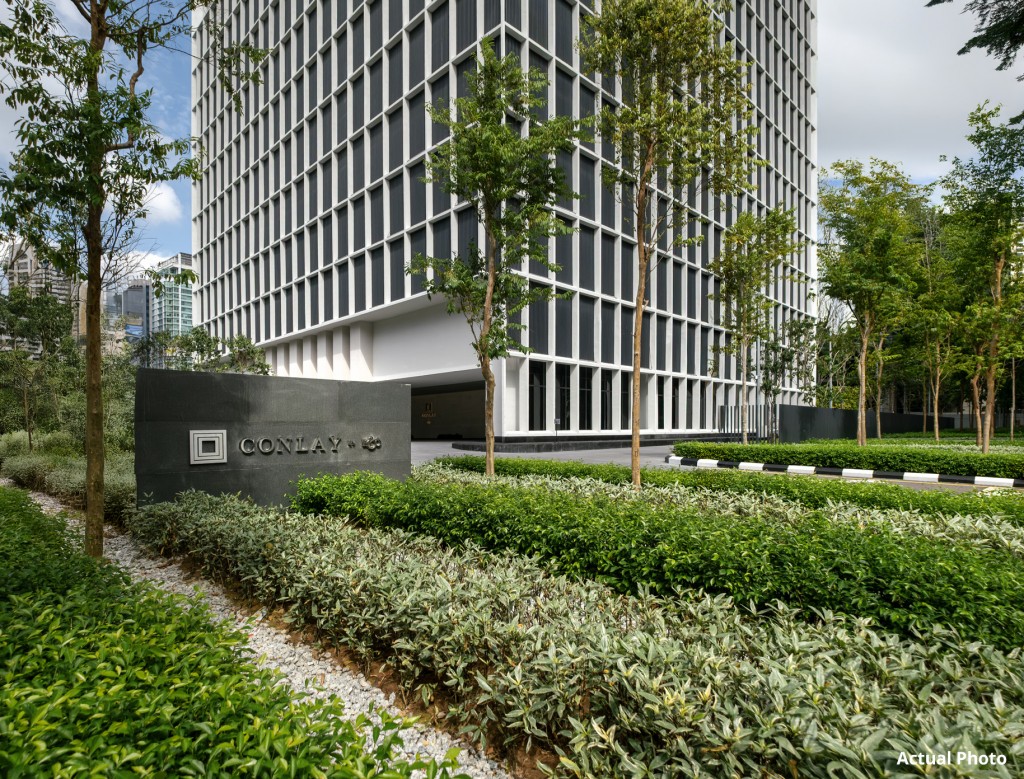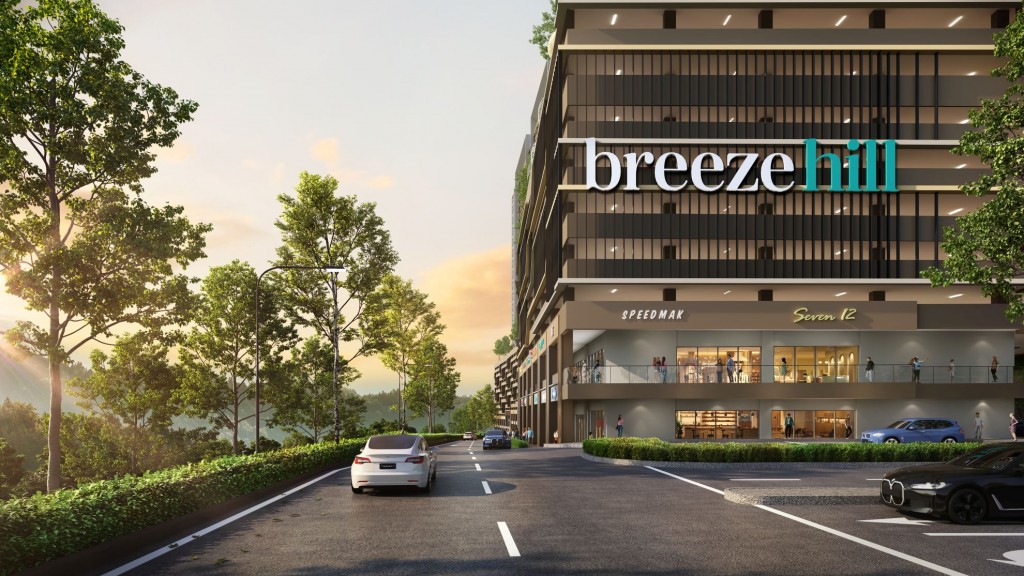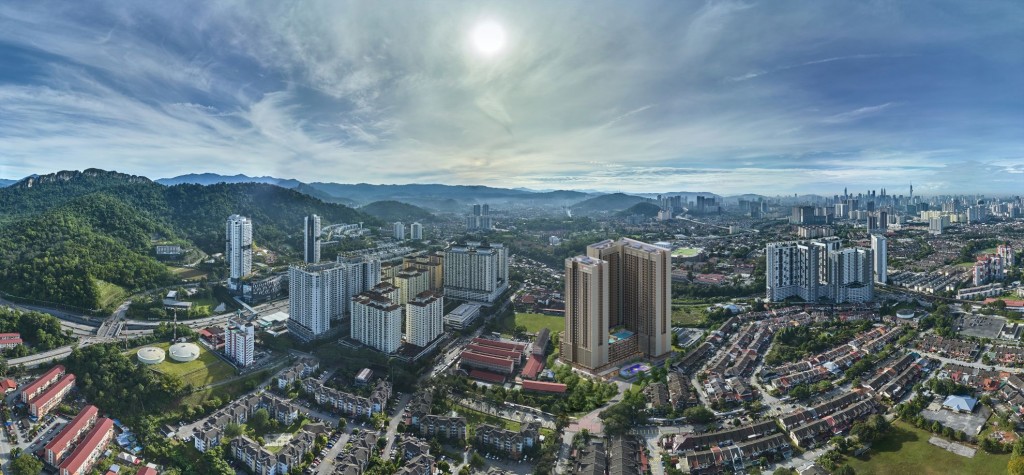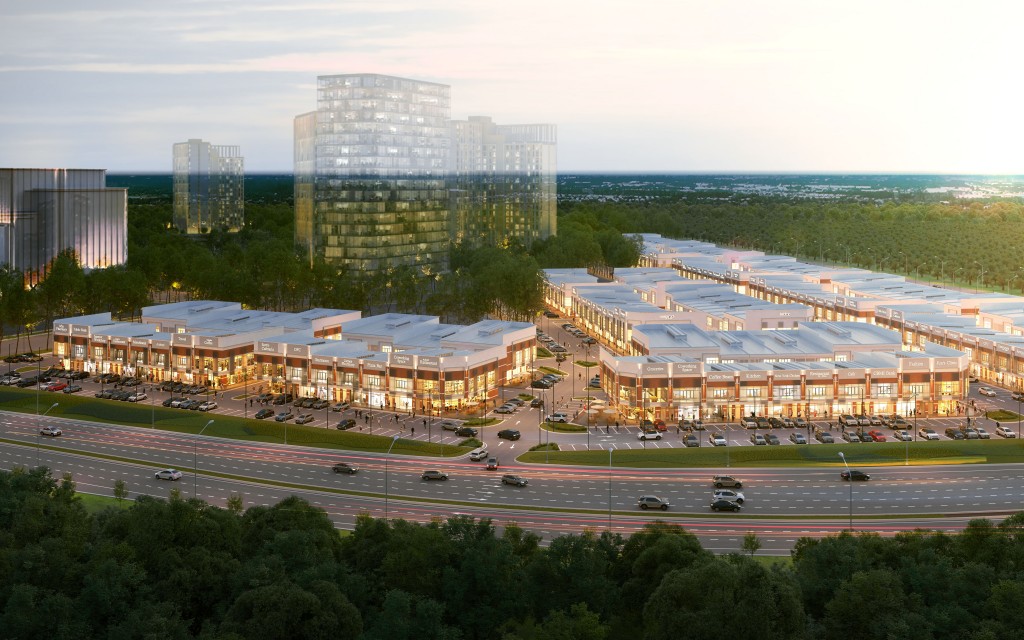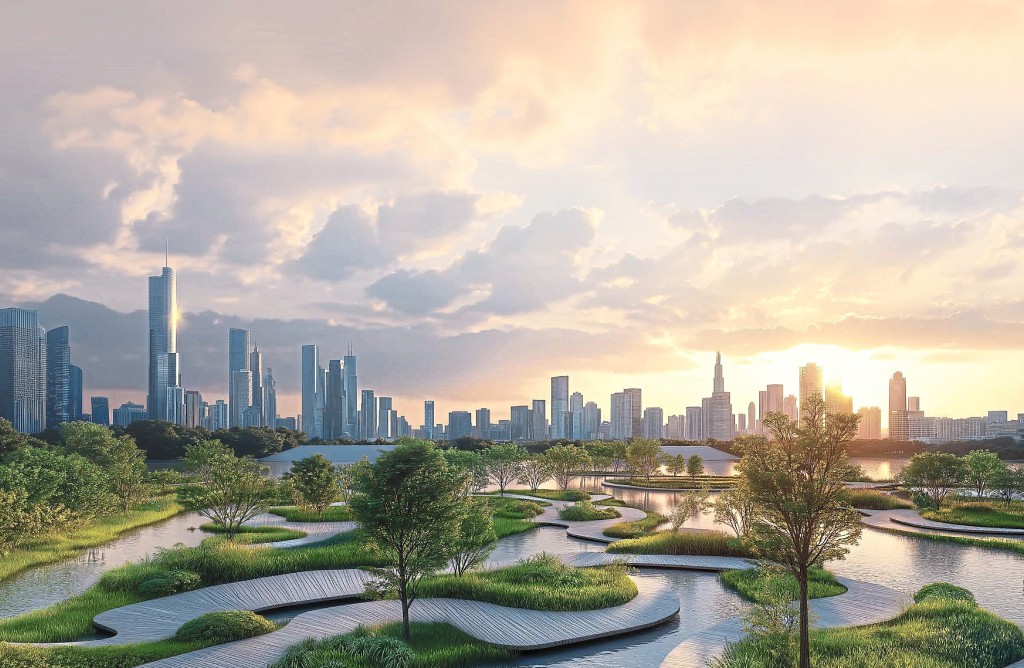
Pathetic site: Shacks like these are quarters provided for workers and are common at construction sites in the Klang Valley. — AZHAR MAHFOF/The Star
A NEWBORN, tiny and fragile, swaddled in the mother’s arm.
Around them, insects were scurrying all over their “room” made with loose boards.
A piece of sarong acted as a shield and partition from other “rooms” all positioned in a row.
They were living in a half-completed building that was being built by the baby’s father, a Rohingya refugee.

Construction workers often have to live in makeshift huts within the vicinity of the site they work at.
This is the scenario of living quarters provided to construction workers as witnessed by Tenaganita executive director Glorene A. Das.
“This is the reality. From our observation, the condition of workers’ quarters today is worse than what I saw 15 years ago,” she told StarMetro.
No improvement
Workers toil under the sweltering sun to build the city we live in, but they are often forced to live in harsh conditions and poor hygiene in makeshift shacks.
Glorene said in the construction industry, workers were often housed within construction sites as it was much cheaper and time-saving than renting a proper place.
In the best situation, about seven workers would share a small cabin made of wood, zinc or plastic.

While they toil to construct buildings, labourers here are put in these kinds of ‘multi-storey‘ containers or wooden cabins perched on stilts like the ones in the foreground. — Photos: AZHAR MAHFOF, LOW LAY PHON/The Star and courtesy of Tenaganita
More often than not, dozens are crammed into one cabin which they can use at different times of the day as per their shift arrangements.
“The most you can find in these cabins are a mattress and a fan, but usually there are only sarong or cardboards to sleep on.
“The quarters are filthy and there is no tap water, so all the workers rely on a pond that they build for drinking water and to shower,” she said.
When a few storeys at the construction site are up, the workers will then be asked to sleep inside the uncompleted buildings.
Tenaganita received 483 new cases of rights violations from 3,793 complainants last year (refer to table).
The complainants include documented and undocumented foreign workers as well as refugees.
In 2015, there were 249 cases from 4,126 complainants.
A total of 111 cases (980 complainants) were related to poor living conditions.
Deplorable conditions
Glorene cited several cases of cruelty brought to Tenaganita’s attention, describing such incidents as “slavery”.
“It was not uncommon for plantation workers to be housed in zinc cabins that get really hot in the afternoon. The afternoons are the only time the workers can rest as they start work at 6am.
“This is why most of them continue working without taking the break.
“In other cases, workers are put in deep jungles to clear land.
“How are they supposed to live in the jungle? Where do they get food? We heard this from workers who escaped, but what about those suffering in silence?” she said.
Seven deaths were reported to Tenaganita last year.
The official reason was “natural causes” but according to Tenaganita’s investigations, they were most likely related to poor living and working conditions, especially exposure to heat and other health hazards, as well as cheap alcohol consumption and unprotected sex resulting from lack of social life.
StarMetro checked on two construction sites in the Klang Valley, and discovered a similar situation.

Glorene says foreign workers living at dirty quarters think they do not have a choice because they are afraid to be fired, arrested or deported
"The workers get their water from a pond dug in the middle of the quarters, and the canteen is really dirty,” said a food stall operator in Bukit Jalil, relating what she saw inside a nearby workers’ wooden quarters.
Over in Cheras, workers were seen working till late and could only retreat to a row of flimsy kongsi huts built on the same construction site.
Glorene said while the Workers’ Minimum Standards of The Housing and Amenities Act 1990 (Act 446) and the Employment Act 1955 were comprehensive to prevent human rights violation, many employers did not apply such conditions for their foreign workers.
A lack of enforcement and monitoring compounded the problem.
“The obstacle here is that foreign workers do not know their rights, giving rise to discrimination.
“They think they do not have a choice because they are afraid that they will get fired, arrested or deported.

At some quarters, workers have to prepare their meals on the floor where they also place pails and other bathroom wares.
“In the past, when we approached the employers over complaints, they not only denied their wrongdoing but also confronted, terminated and deported the said workers,” she said.
Glorene urged the Government to develop and implement a comprehensive policy for migrant workers.
The Real Estate and Housing Developers Association, when contacted, did not want to comment on the issue.
Advocating and educating
Master Builders Association Malaysia (MBAM) president Foo Chek Lee, in a written reply to StarMetro, said the condition of foreign workers’ quarters was still in dire state.
He also agreed that the problem was widespread in the country, leading to social illness, environmental pollution and spreading of diseases.
“At present, Malaysia does not have a minimum standard for foreign workers’ living quarters.
“There is the Act 446 stipulating that only plantation companies must provide living quarters for their foreign workers.
“So developers and contractors, do not have any definite guideline to follow,” Foo said, adding that the association also did not have the authority to take action against the unscrupulous ones.
To address the issue, the association has been advocating the importance to provide at least a minimum standard accommodation for their foreign workers.
He added that the Government was looking into amending the law to make it mandatory for employers to provide an integrated and centralised workers quarters for their foreign workers by next year.
“MBAM is also a member of the committee in producing the new guideline.
“Hopefully, once implemented, it will help improve the living conditions for foreign workers,” he said.
On a brighter side, Foo said there are now eight Centralised Labour Quarters (CLQ) recognised by the Labour Department, and are used by the association as models to educate its members.
Commenting on the high number of complaints on denial of access to medical treatment, Foo said employers provided medical treatment to their legal foreign workers under the foreign workers insurance scheme, therefore he hoped all foreign workers could go through the proper channels to work here.







